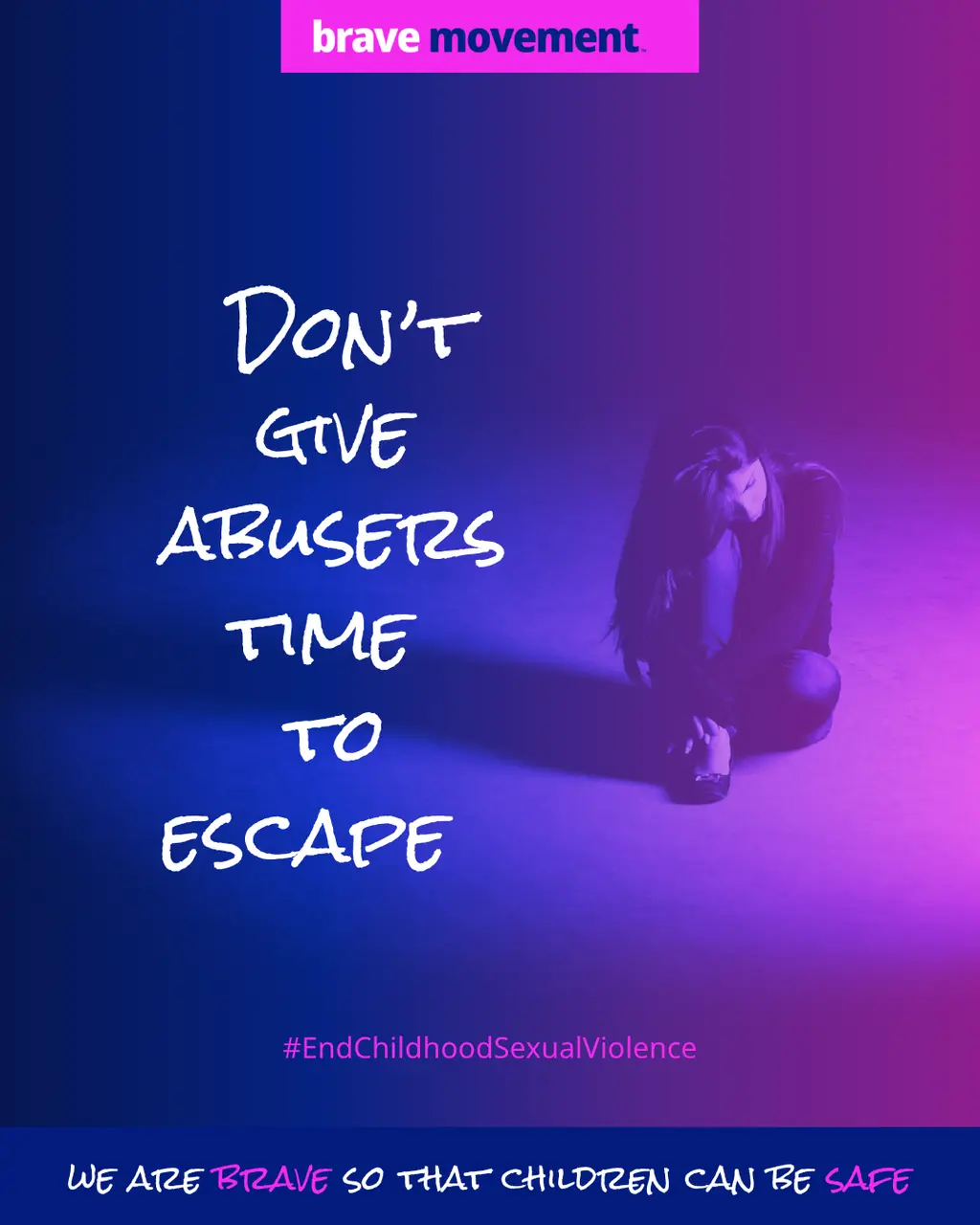Sensitive content
This site contains sensitive content that includes references to sexual violence.
Indicator

Legal barriers to justice persist in most G7 countries. Only the UK, the USA and Canada have eliminated criminal statutes of limitations for sexual violence crimes, including those against children.
Japan has not abolished criminal statutes of limitations in relation to childhood sexual violence (1). Germany has made partial progress on abolishing criminal statutes of limitations in relation to childhood sexual violence, but more legal reforms are required (2). Italy’s legal framework on criminal statutes of limitations provides inadequate protection for survivors (3) and France has not abolished criminal statutes of limitations in relation to child sex abuse offences (4). As EU member states, Germany, Italy and France must champion the approval of the recast Directive 2011/93/EU, which would mandate a strong minimum statute of limitations for childhood sexual violence offences in all EU countries.
Partner: 
1. 2. 3. and 4. Miguel Hurtado et al. (Forthcoming). Brave & CHILDGlobal SOL Task Force G7 Report.

A statute of limitation in relation to childhood sexual violence defines the maximum amount of time a victim can wait before starting legal proceedings against the perpetrators. Setting this limit for survivors of childhood sexual abuse is harmful as it means that many do not recieve justice if they can’t speak up within the imposed deadline, which is usually an arbitrary amount of time. Governments retaining these harmful statutes of limitation for survivors of childhood sexual abuse is not only deeply unfair to victims but dangerous for future generations and extremely costly for society. For these reasons it's not surprising that the complete elimination of statutes of limitations in relation to childhood sexual violence of is one of the highest priorities of the global survivor movement. Unfortunately for them, evidence obtained from countries that have no statutes of limitations in relation to childhood sexual violence disprove that claim. There are some types of evidence that survive the passage of time such as a criminals' confessions, DNA, child sex abuse material, the internal archives of institutions that have shielded abusers (i.e. catholic church, boy scouts) or multiple victims who describe the same modus operandi committed by a common perpetrator. The European commission and the European Parliament want to change this outrageous situation by including a legally binding common standard on the new directive against child sexual abuse. On Tuesday 17th of June, the European Parliament will vote their proposal to establish in the new directive that there should be no criminal or civil statute of limitations in child sexual abuse cases.
June 4, 2025
|
Child sexual abuse is a silent epidemic that affects millions of children across the globe. 1 in 5 girls and 1 in 7 boys will experience some form of sexual violence before their 18th birthday. Survivors are at significantly higher risk of physical and mental health challenges, with many struggling to survive beyond the age of 50 due to chronic illnesses, depression, or, tragically, suicide.
January 24, 2025
|
This 2025 #BeBrave G7 Scorecard builds on the first iteration of the analysis conducted in 2022, assessing each G7 country on how they are responding to childhood sexual violence at home and around the world.
Previous G7 Communiqués have made bold commitments to ending sexual violence against children. On the G7 forum's 50th anniversary the scorecard, based on a strategic set of policy indicators, assesses whether the G7 has delivered on these.
